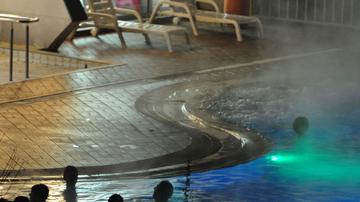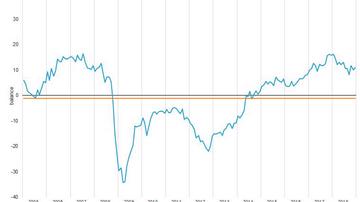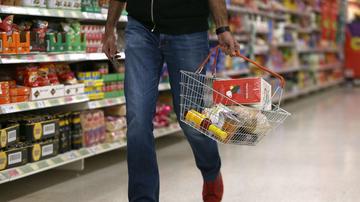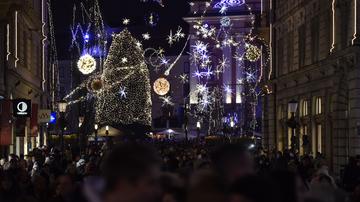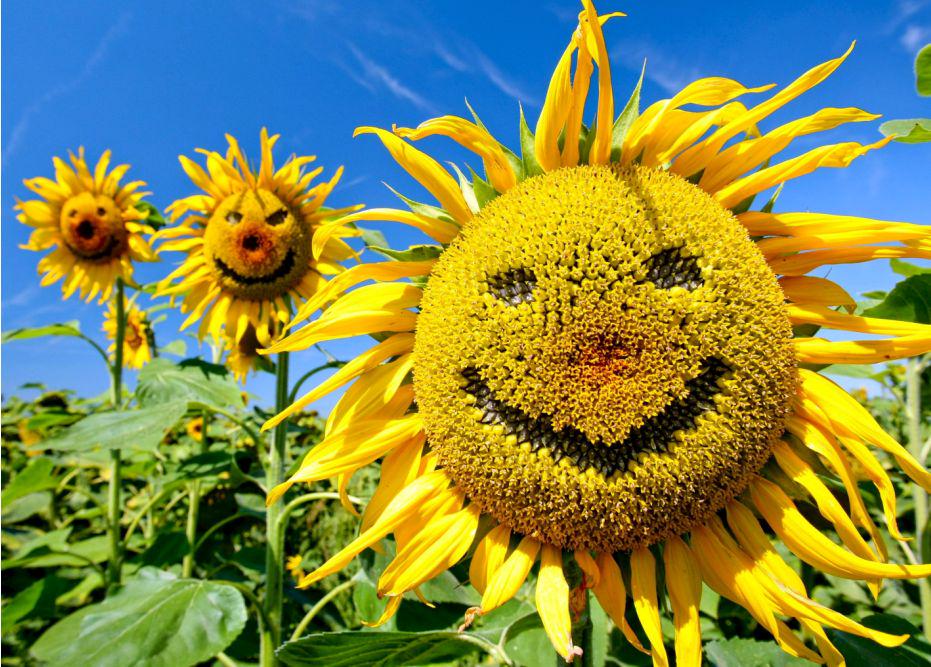
Peace is a factor of personal and social welfare and if we managed to decrease the poverty rate in Slovenia from the current 14% of people living below the at-risk-of-poverty threshold (SURS’s data for 2016), people would enjoy more peace and there would be more tolerance among them.
Under the auspices of the UN, Slovenia accepted 21 September as the Day of Peace. According to the Slovenian Public Opinion Survey, in 2015 people in Slovenia were concerned the most about the socio-economic crisis and refugees. The level of concern coincides with the poverty rate.
In the Republic of Slovenia the last war ended in 1991. However, this does not mean that we stopped striving for peace. Slovenia tried to attain its security at the national and international level by joining the United Nations and the Euro-Atlantic integration processes. The level of confidence of Slovenians in international organisations is fairly low (in 2012 between 2.3 and 2.5 on the scale from 1 to 4) and has been falling since 2007, in part probably due to the international community being unsuccessful in dealing with the economic crisis. Confidence reached the lowest point in 2012. The international organisation enjoying the greatest confidence among Slovenians is the European Union. The level of confidence was the highest when Slovenia joined the EU in 2004 and in the years immediately after that (2.8 on the scale from 1 to 4), but it has recently been falling (2.5). (Malešič, 2016, p. 203)
Concerns about natural disasters
Eurobarometer 383, conducted in 2012, revealed that 74% of people in Slovenia were concerned about natural disasters, slightly fewer about man-made disasters (69%), and much fewer about armed conflicts (40%) and terrorist attacks (34%). People’s concern about natural disasters ranked Slovenia 12th, about man-made disasters 17th, about terrorist attacks 22nd and about armed conflicts 20th among the then 27 EU Member States. Considering all EU citizens, three quarters were concerned about the possibility of man-made disasters, such as oil spills and nuclear accidents, two thirds about the possibility of natural disasters, such as floods and earthquakes, and slightly fewer about terrorist attacks (64%) and armed conflicts (52%).
The attitude of people in Slovenia towards terrorist attacks and armed conflicts as a security threat was confirmed by the Slovenian Public Opinion Survey conducted in 2012. The data show that both were at that time at the bottom of the 23 listed sources of threat. Natural and man-made disasters were in the middle of the list, while socio-economic situation, corruption and other forms of crime, and political instability were at the top. (Malešič, 2013: 12) (Malešič, 2016, p. 205-206)
That in Slovenia people’s feeling threatened is growing is shown by the Slovenian Public Opinion Surveys conducted between 2001 and 2012. In 2005, 81.8% of respondents perceived the current social and political situation as safe, while in 2012 the share was 68%. And, in 2005, 9.4% of respondents felt threatened generally, while in 2012 the share was 22.3%.
The Slovenian Public Opinion Survey conducted three years later, in 2015, showed that the general social and political situation had an impact on people experiencing peace. In general, 79% of people in Slovenia felt safe as regards the current social and political situation, 14% of them felt threatened and 7% were neutral. As regards low standard, unemployment or general socio-economic situation in the society, 29.9% of respondents were very concerned and almost half (49.1%) were fairly concerned. About three quarters of respondents were concerned about mass migration, of whom 44.6% were very concerned and 55.4% were fairly concerned.
Crime
The feeling of security is also influenced by the attitude towards crime. Among other things, SURS collects the data on economic crime. In 2014, 45 legal entities were responsible for crimes according to the Criminal Code of the Republic of Slovenia. A year later the phenomenon grew by 31% and in 2016 sanctions were imposed on 39 legal entities. Of all crimes committed by legal entities in 2014, 12 legal entities were accused of violation of employment relationship and social security (83.3% of them of violation of basic rights of workers), the next year one less (72.7% of them of violation of basic rights of workers). And in 2016 were 14 violations of labour and social legislation were recorded - almost all against basic rights.
Peace is a factor of personal and social welfare and if we managed to decrease the poverty rate in Slovenia from the current 14% of people living below the at-risk-of-poverty threshold (SURS’s data for 2016), people would enjoy more peace and there would be more tolerance among them.
Literature:
Malešič, M. (2016). Varnostna prizadevanja EU – pogled javnosti. Teorija in praksa, 53/2016, (pp. 203–206).
Peace is a factor of personal and social welfare and if we managed to decrease the poverty rate in Slovenia from the current 14% of people living below the at-risk-of-poverty threshold (SURS’s data for 2016), people would enjoy more peace and there would be more tolerance among them.





















































